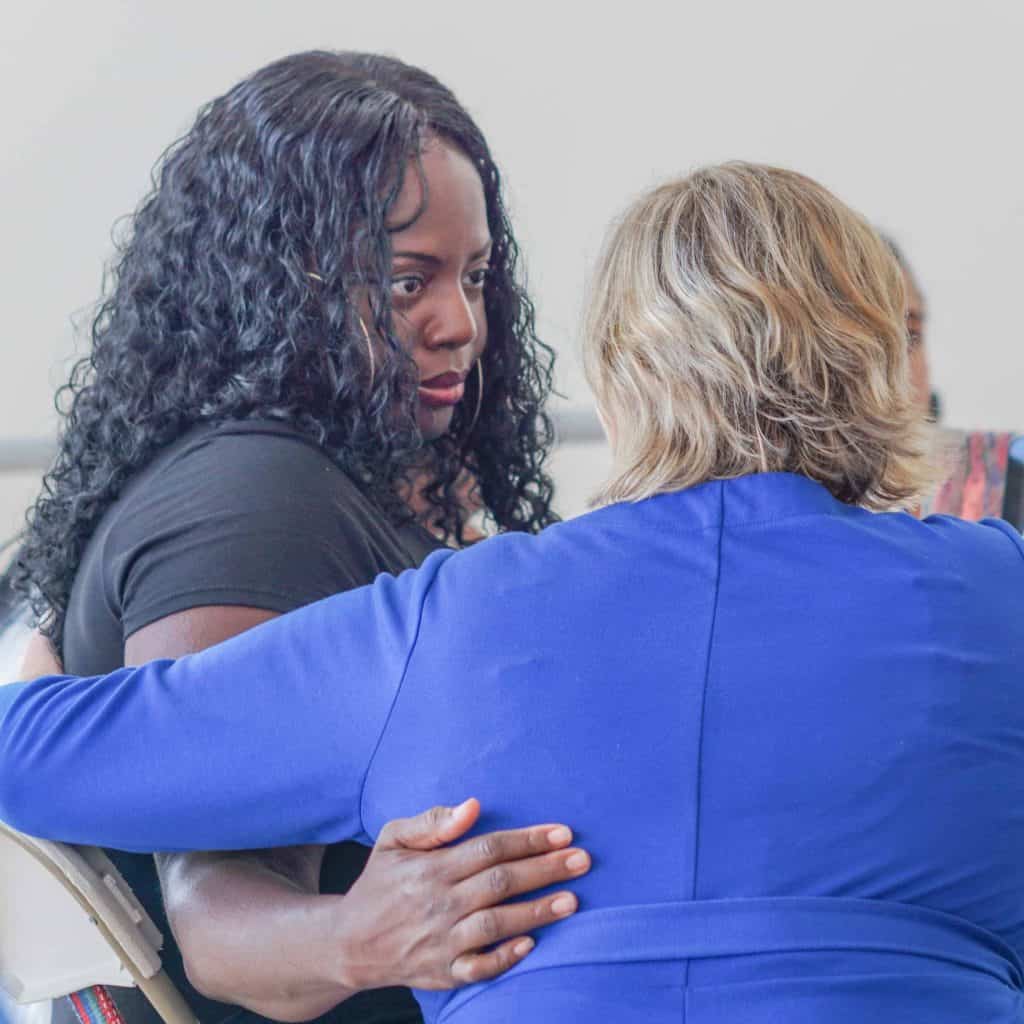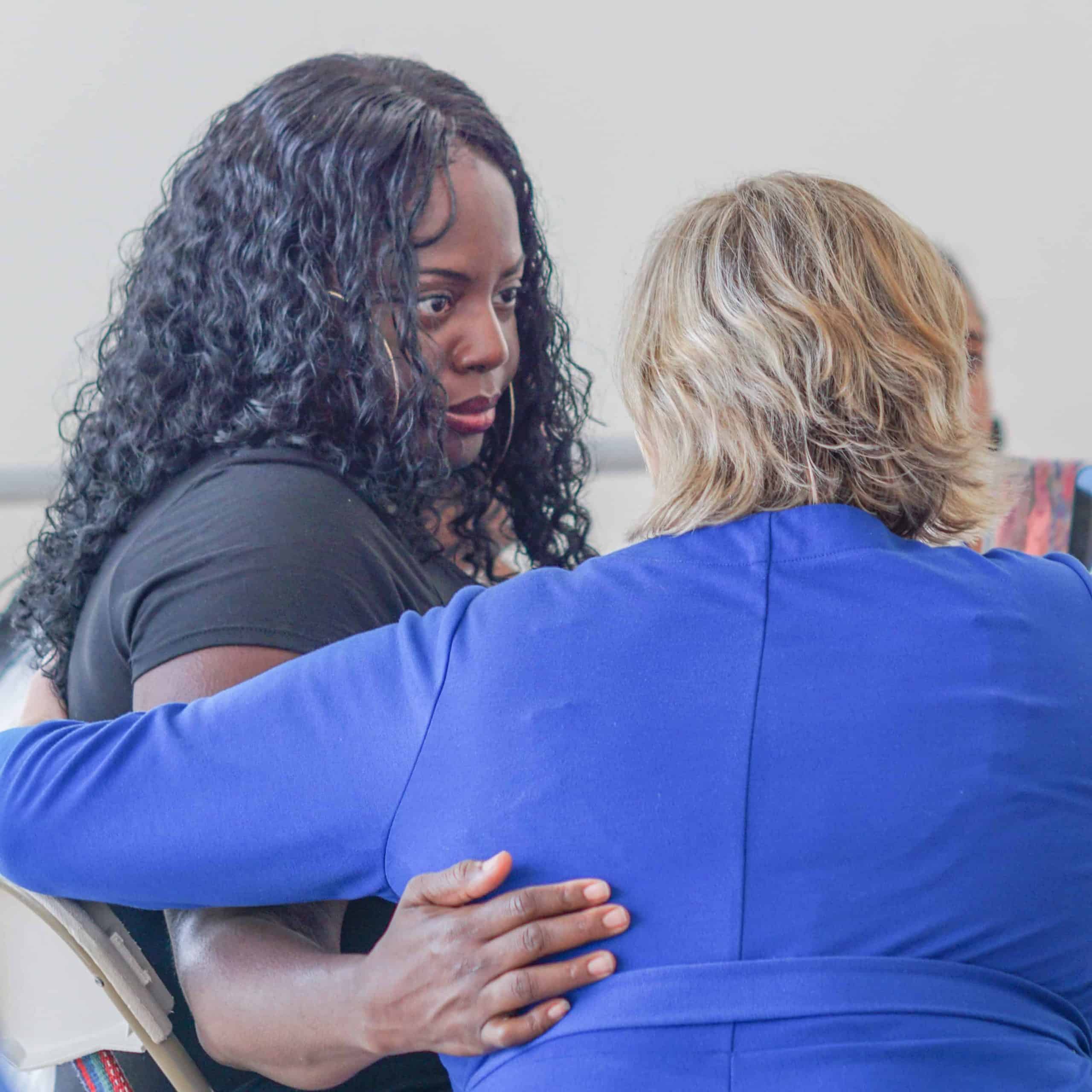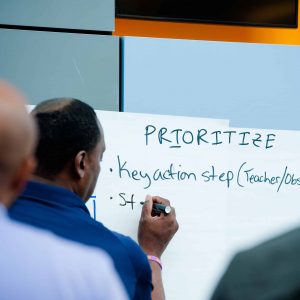
Bringing Excellent and Equitable Teaching to Life in D.C.
07/30/2019

When D.C. Public Schools (DCPS) and Leading Educators launched LEAP (LEarning together to Advance our Practice) in 2016, many saw the potential for a significant teaching and learning evolution. More than three years later, “The Path to Instructional Excellence and Equitable Outcomes,” a new report from Learning Forward, shares lessons learned from system investments that have paid off for students and teachers.
A System on the Rise
DCPS has been a system on the rise for much of the past decade, making it an ideal setting for LEAP to take shape. The program established a strong vision for students’ instructional experiences rooted in equity and alignment to college and career readiness standards, built upon previous district efforts focused on teacher leadership and curriculum.
Creating a learning architecture that provides consistent opportunities for teachers to learn, plan, and practice collaboratively with high-quality instructional materials provided a structure and arc for collaboration that was already occurring in some schools and filled gaps in schools where teachers and school leaders were feeling a real need for support. “LEAP Leaders”—teacher leaders, instructional coaches, department chairs, and assistant principals selected to lead content-based professional learning in their schools—are now the drivers of instructional improvement at all 115 DCPS schools.
Public-Private Partnership
Bringing the promise of LEAP to life was a complex endeavor requiring clear focus and strong buy-in at all levels of the district. The support provided by Leading Educators as a design and change management partner was critical to accomplishing scale with fidelity while also bolstering the capacity for continuous improvement. For example, one such adjustment after the first year of implementation was to create more school flexibility regarding how time reserved for LEAP could be used. Leading Educators and district leaders also made adjustments to the strategy for leadership coaching at school sites, prioritizing more touchpoints for LEAP leaders who needed more support.
In the piece, Marian Wilkins, a math LEAP leader at Kelly Miller Middle School, shares,
[The experience of having one-on-one coaching] was amazing. They were able to give me feedback on my presentations, how I was facilitating adult learning. They came out during debriefs to look at how I was providing feedback, making sure teachers walk away with something tangible. It was also great when they came out to co-observe with me. I really loved having that one-on-one support because it was customized for me.”
Takeaways
The takeaways for system leaders in other contexts center around prioritization and key conditions for success. These include:
- Provide rigorous content for teacher learning that moves beyond student data protocols to deepen content knowledge and curriculum expertise together.
- Select leaders with intentionality.
- Align resources (including materials, people, time, systems, and money) while gradually building school capacity to nurture those conditions without central office.
- Plan for intentional scaling over time using a multilevel program evaluation strategy and a commitment to continuous improvement.
- Protect time for teacher learning and remove priorities that don’t allow teachers to focus on deepening pedagogical content knowledge.
DCPS’s commitment to centering excellent and equitable instruction while creating operational flexibility and school-based choice for contextual relevance has made LEAP work. Looking into the future, the district now has bolstered capacity to bridge student and teacher needs with support, igniting the potential to keep rising.







